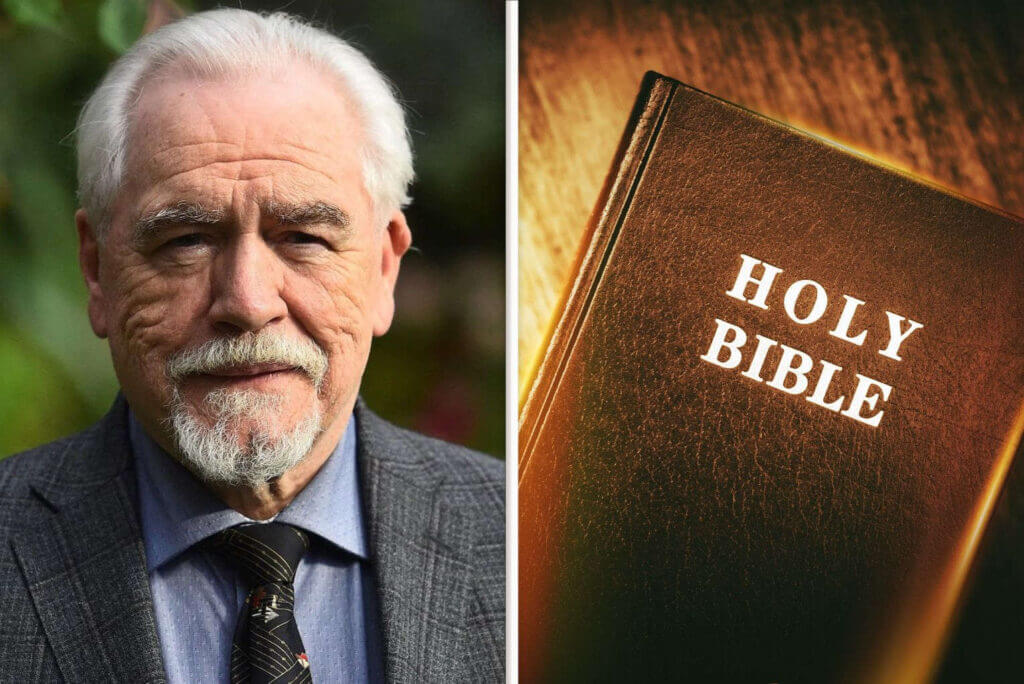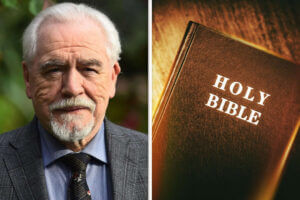In part, the First Amendment to the U.S. Constitution reads “Congress shall make no law respecting the establishment of religion or prohibiting the exercise thereof …”
This simple statement declares the significance of religious freedom to the conduct of American democracy while clearly separating church and state. Indirectly, the statement recognized and endorsed the religious diversity of the founding fathers of America and has supported religious multiplicity among subsequent generations of immigrants and citizens.
Religious freedom permits people to be themselves whether at work, at a social gathering, in a class or at a political event. Individuals can act on their thoughts and convictions so long as their actions do not threaten the safety of the remainder; they can be themselves without fear of retribution if their behavior respects the ideas and opinions of others. Religious freedom includes the right to alter or change religion or beliefs at any time.
Unfortunately, America has not always been the bastion of religious freedom. According to an online article updated and posted on August 21, 2018 and titled “Religion in Colonial America,” the Spanish Catholics slaughtered French Protestants near modern-day Jacksonville, Florida in 1565 because they were preaching a Lutheran doctrine. In the early 1600s, the Puritans who then occupied the Massachusetts Bay Colony prohibited Catholics, people of Quaker persuasion and other non-Puritans from living in the colony. Because of the ban, Puritan-dissident Roger Williams in 1635 founded Rhode Island, the first colony that supported no established religion and offered religious freedom to everyone.
America’s founders enshrined the freedom-of-religion concept in the First Amendment to the U.S. Constitution to prevent any cultural majority from imposing their beliefs on minorities and to limit the power of government as regards religion. The founders wanted Americans to remain independent thinkers, even if individuals and groups of people accepted or practiced no religion at all.
Despite the extended effort to ensure objectivity, the First Amendment has not always proved to be an effective rampart against challenges to religious freedom in the U.S. Kenneth C. Davis points out in an article titled “America’s True History of Religious Tolerance” that while America has accommodated the persecuted and oppressed from many nations, “deep religious discord has been a part of America’s social DNA …”
Culture wars continue to challenge religious freedom in the United States; the spread of “wokeness” over the past few years has heightened the challenge. Transitioning from an emphasis on worship to social justice has allowed “wokeness” to threaten religious liberty and attempt to dictate how “other” people should live and practice their faith. The transition has often produced intolerance, partisan tension and challenges to faith-oriented individuals and faith-based communities.
Several other social phenomena also threaten religious freedom in America. Those continuing realities include the development of tribalism, cancel culture and critical race theory. Increasingly, members of the political left are demonstrating tribal characteristics. The members demand loyalty and conformity. They tend to discriminate against individuals and groups that do not agree with them or adhere to their social norms. They may prefer not to defend certain religious beliefs and practices and might even encourage secession among people they consider dissidents. Woke people often display a preference for a tribal lifestyle to broad social unity.
Cancel culture represents a type of rejection or repudiation. A rejected person has been “canceled.” The cancelation often results in ostracism from social or professional circles. Cancel culture can ruin careers or encourage public figures to be cautious about comments they make.
The call-out or cancel culture does not represent the political left or right exclusively. Church groups have on different occasions practiced church discipline, calling out individuals who refused to acknowledge or adhere to their faith beliefs and practices. Ostracism has over time been used as a challenge to religious freedom.
The originator of critical race theory, Max Horkhemer, developed the theory at a school in Germany in the 1920s and through the theory sought to identify values of capitalism that were producing injustice in the social setting in which he was living. Its origins in the United States hearken back to the 1960s and 1970s. Many liberals embrace the theory while numerous political and Christian conservatives consider the theory “anti-gospel” and schismatic.
Religious freedom protects the religious and nonreligious alike. Conscience, personal beliefs and religious freedom remain sacred rights for Americans. Any challenges to those rights should be strongly opposed and ultimately defeated. {eoa}
Franklin T. Burroughs has served as President of Armstrong University and Interim Dean of the School of Business at Notre Dame de Namur University. He recently retired as a member of the adjunct faculty of John F. Kennedy University.
Franklin served as the Managing Director of the U.S. Chamber of Commerce in Tehran, Iran and as Consultant to the Ford Foundation and UNESCO in Saudi Arabia. In the United States, he has been a visiting scientist at the Department of Energy and Consultant to the Department of Commerce. He has served as an English-Language Officer (contractor) with the U.S. Department of State and as an international consultant in education, Middle East Affairs and cultural diplomacy.
Franklin was awarded a Nishan-e-Homayoun by Shah Mohammad Reza Pahlavi for his work in the Iranian Ministry of Court and has received Certificates of Recognition from the California Senate and State Assembly.
Read articles like this one and other Spirit-led content in our new platform, CHARISMA PLUS.
See an error in this article?
To contact us or to submit an article























